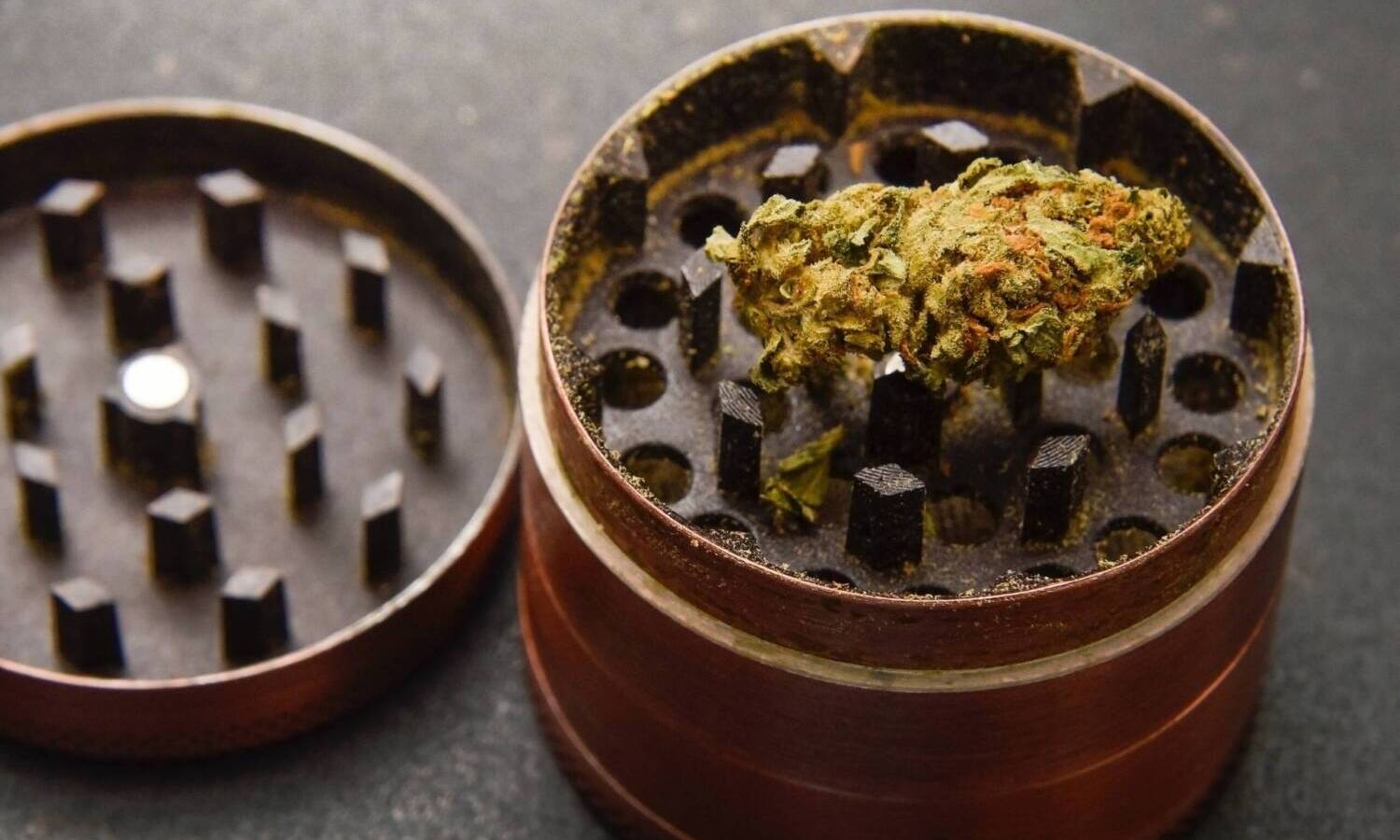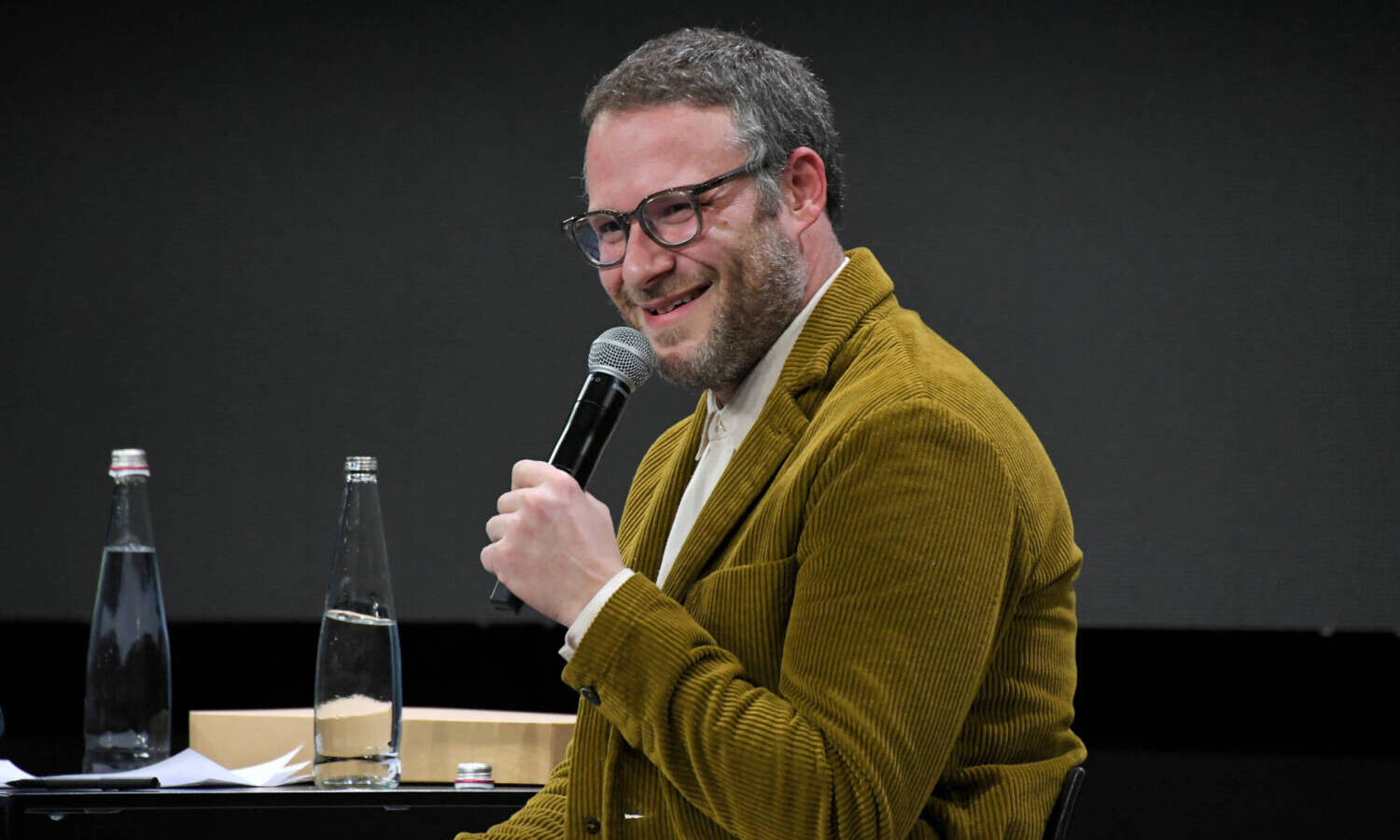A celebrity’s connection with cannabis and its consumers is essential. If buyers sense inauthenticity, sales may be hard to come by.
By
In select studies, celebrity endorsements have produced an average 4% sales increase. At this time, it appears that isn’t the case in the US cannabis market.
To date, most celebrity cannabis brands, whether endorsed or owned, leave some questioning their market impact. The unease appears warranted when considering how various celebrities have failed to live up to critical metrics, toplined by sales, market saturation and product quality.

Few Success Stories So Far
Success stories are scant at this time.
As reported in Kate Robertson’s One Weed Please newsletter, one celebrity brand, Seth Rogen’s Houseplant, cracked California’s top 100 sellers of 2021, coming in at 91 with $9.3 million sold. Brands like Marley Natural (approximately $4.3 million), B-Real‘s Insane ($3.6 million) and Jay-Z‘s Monogram ($700,000) did not make the list.
Data compiled across 11 hybrid and medical-only markets provided by BDSA highlighted two cannabis brands making headway in Q1 2022:
- Willie’s Reserve: Founded in 2015, the Willie Nelson-backed brand is sold in Arizona, California, Colorado and Nevada and was a top-50 seller in the Colorado market. The venture is a partnership with Holistic Industries.
- Cann: The brand had the top-selling THC-infused beverage in California is backed by a bevy of celebrity investors. They include Gwyneth Paltrow, Baron Davis, Rebel Wilson, Ruby Rose, Darren Criss, Casey Niestat, Tove Lo, and Bre-Z.
Considering More Than Financial Reports
Various respondents, including Roy Bingham, BDSA co-founder and CEO, noted that sales and business metrics are just some qualitative and quantitative points worth assessing.
“While brand awareness and brand loyalty are emerging among the cannabis consumer base, celebrity brand status is less important to consumers…than product attributes such as price point, cannabinoid content, and flavor,” said Bingham.
The celebrity’s connection with cannabis and its consumers is essential. If buyers sense inauthenticity, then sales may be hard to come by.
“Simply placing a name on a product to attract that person’s fanbase may generate some initial excitement, but if the connection doesn’t make sense, the excitement will not last,” said Erika Salgado, CMO for PharmaCann. Their celebrity brands include The Allman Brothers’ Chocolate Chunk strain, sold in Illinois.
Salgado said consumer connections to The Allman Brothers were a prime reason for the partnership.
“Fans can reminisce about their favorite concert moment or listen to their favorite music from the band while they enjoy the product,” she said.

Holistic’s Barich expanded on the importance of connecting beyond a famous person’s fanbase. He said product quality is key to doing so.
“A celebrity brand ultimately needs to reach cannabis consumers and enthusiasts beyond the celebrity’s fans, appealing to anyone who loves high-quality, craft cannabis,” he said.
Joshua Horn, the head of the cannabis law group at Fox Rothschild, said the right partner is critical.
“You need the right celebrity whom the public equates with enjoying cannabis and having that celebrity tied with the right company who operates at scale and can get the word,” Horn said.
Quality And Authenticity Are Key
Successful celebrity brands don’t necessarily need backing from household celebrities. Some of the top names to emerge could come from cannabis community celebrities.
The perfect example may be Cookies, a brand that combines celebrity, cannabis legacy, highly rated products and world views that align with the consumer base.
Headed up by hip-hop artist and entrepreneur Berner, Cookies owns retail stores across 14 states and Israel. In 2020, Cookies stores were one of many brands looted. Rather than call for criminal charges on those involved, Berner earned public praise by highlighting the importance of social justice.
Cookies is often considered one of the more consistent high-quality producers and lifestyle brands. Backed by a notable light blue background, Cookies bags can be found in legal and illicit markets across the United States – with many illegal sellers passing off products as Cookies.
Inside each bag are some of the industry’s more well-respected plant strains–something many celeb brands fail to deliver by either growing suboptimal products or white labeling a well-known cannabis brand’s strains.
“Berner has essentially become a celebrity through the growth of his cannabis and fashion brand,” said Brandon Dorsky, Fruit Slabs CEO and an attorney.
Dorsky also highlighted 22Red from System of a Down bassist Shavo Odadijian for its quality products and lifestyle brand.
In 2020, 22Red partnered with Curaleaf to expand product availability across the California medical market. The company’s products are currently available in various Nevada and Arizona dispensaries.
Chad Bronstein, president and chairman of Mike Tyson’s Tyson 2.0 brand, acknowledged Berner’s record label boss, Wiz Khalifa for achieving similar success in cannabis with his brand Khalifa Kush and through advocacy. The brand is available across several western US markets and Michigan.
“Wiz is a long-time cannabis advocate whose brand is backed by a seasoned leadership team with deep expertise in product quality, marketing and innovation,” said Bronstein. In Feb 2022, the artist announced an exclusive production deal with Trulieve Cannabis Corp, making the MSO its partner in Florida and northeast US markets.
This article originally appeared on Benzinga and has been reposted with permission.


